Sekisui Alveo launches new version of Alveosport shock pad with a low-carbon footprint
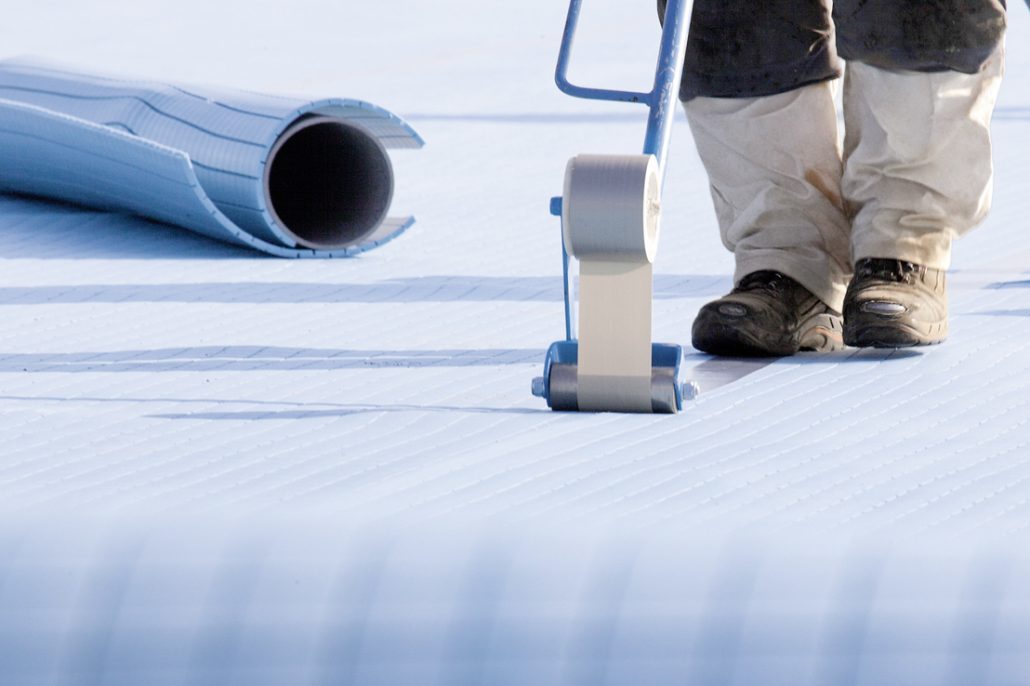
Sekisui Alveo, European manufacturer of high-quality polyolefin foams, is known for innovation, also in terms of environmental performance. The latest development is the use of bio-circular base materials for making the company’s renowned Alveosport shock pad used in artificial turf systems and playground surfaces. With this new offering, Alveosport retains its proven technical performance and […]
Sustainable ProPlay shock pad now certified as subbase for field hockey fields in the Netherlands
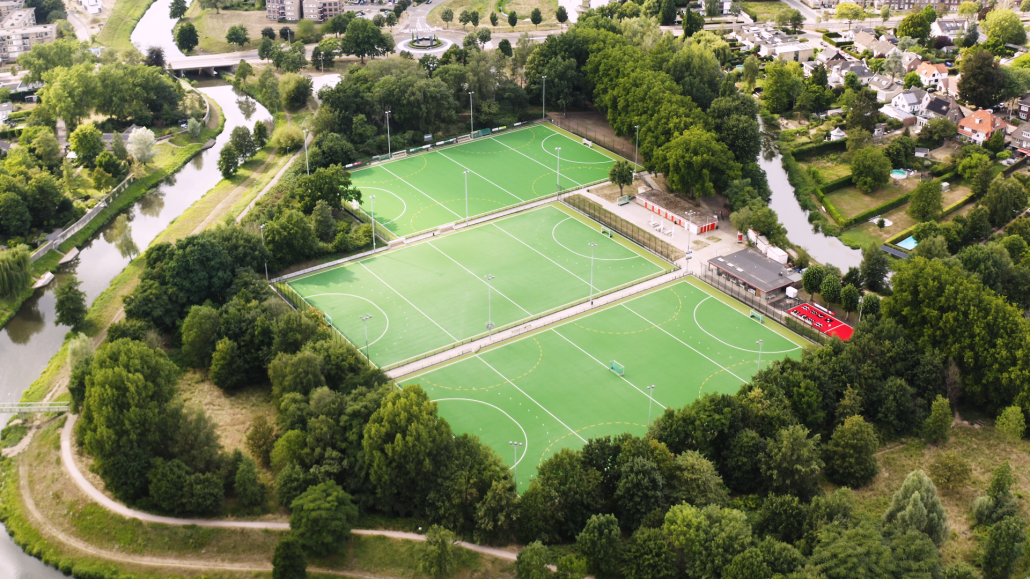
ProPlay, the sustainable shock pad produced by Schmitz Foam Products, has been officially certified by the Dutch Hockey Association (KNHB) as a subbase for field hockey fields. When the Dutch hockey club RHC Concordia was forced to replace all their fields due to extreme flooding in July 2021, they wanted to invest in a durable […]
TotalEnergies – new leaflet for the synthetic turf market

Yarn Chemistry is our Field – the latest leaflet from TotalEnergies for the synthetic turf market Link to the leaflet : TE_artificial_grass_07-FINAL
TotalEnergies and Honeywell sign a strategic agreement to promote the development of advanced plastic recycling

Paris and Houston, February 16, 2022 – TotalEnergies and Honeywell today announced a strategic agreement to promote the development of advanced plastic recycling. Under this agreement, Honeywell will agree to supply TotalEnergies with Recycled Polymer Feedstock (RPF) using Honeywell’s UpCycle Process Technology at the recently announced Honeywell and Sacyr advanced recycling plant, intended to be […]
Schmitz Foam Products & the week of the Circular Economy
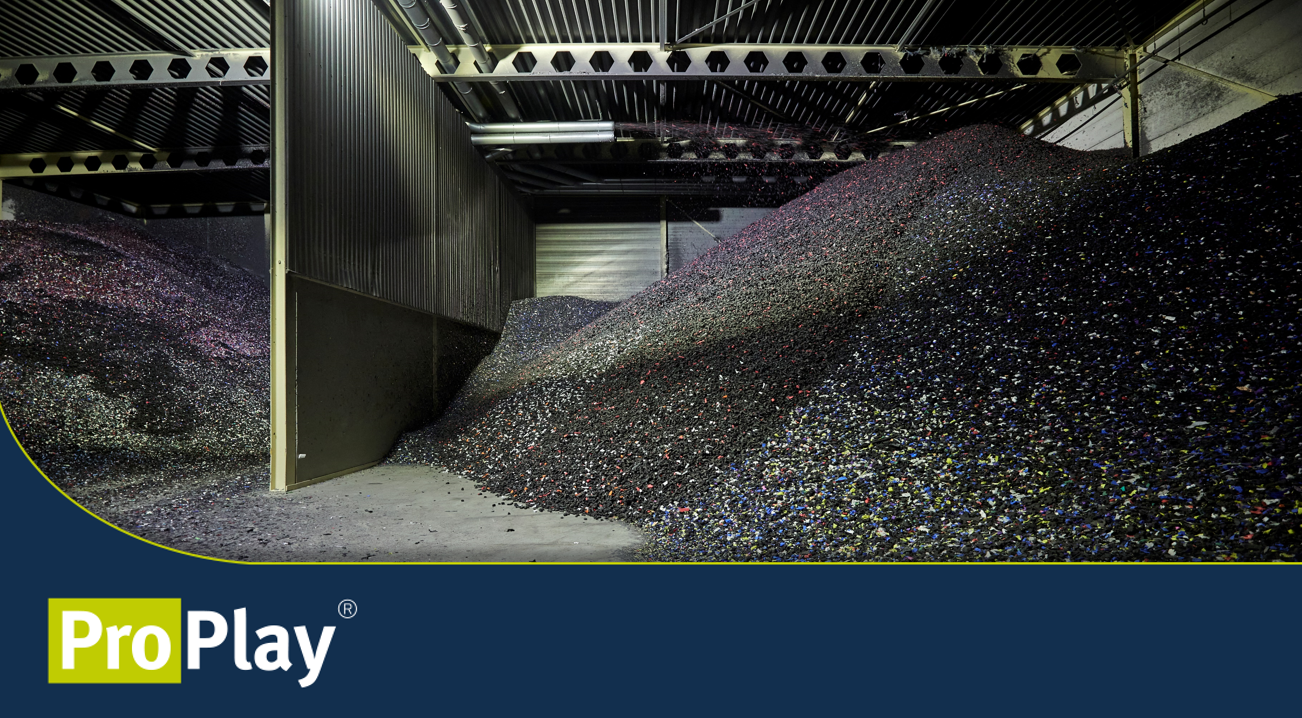
February 7th to the 12th was the Dutch week of the circular economy. The purpose of this week is to show how the circular economy works in practice. With a rising demand for resources worldwide, there is also a demand, if not a necessity, to handle these resources more responsibly. With this in mind, the […]
Plastic Energy and TotalEnergies sign an Agreement for an Advanced Recycling Project in Spain
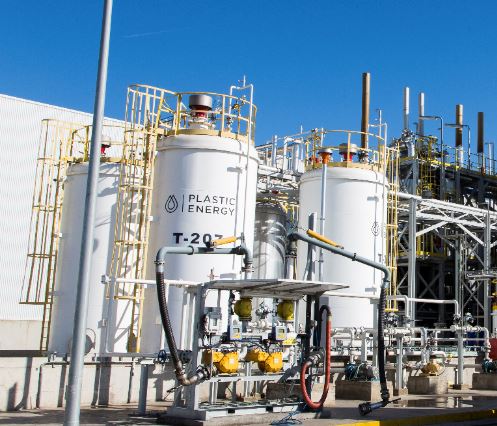
Paris/London, 11 January, 2022 – Plastic Energy and TotalEnergies have announced a new agreement to promote the development of advanced plastic recycling. Under this agreement, Plastic Energy plans to build a second advanced recycling plant in Sevilla, Spain, in addition to their existing operational plant, which will transform end-of-life plastic waste into a recycled feedstock […]
Apetek presents certification for its products ‘Remade in Italy’
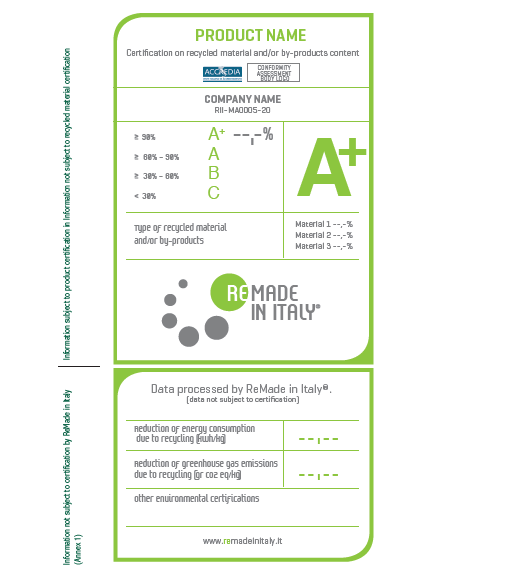
This certification is valid for all of our product ranges & proves that our products are 100% recycled and recyclable. Choosing eco-friendly products means preferring the use of natural materials and, this is where our adhesion to the Green Circular Economy Program was born. For some time now, the word “Green” has become commonplace in […]
Sekisui Alveo introduces innovative shockpad foam for non-infill systems
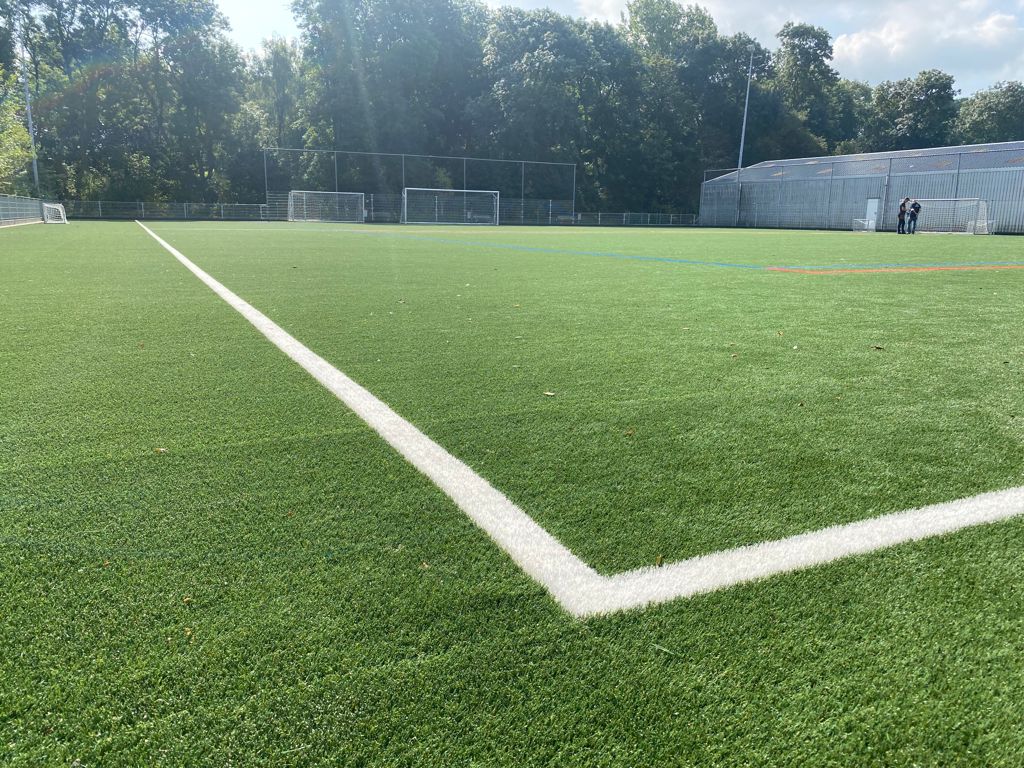
Sekisui Alveo, European manufacturer of high-quality polyolefin foams, has expanded its well-known Alveosport product line. Alveosport NUT 3011-14 is a new foam designed especially for use as a shockpad in artificial turf systems designed without infill. The innovative material not only meets the technical and quality requirements for sports fields, it presents an alternative to […]
TotalEnergies, Plastic Energy and Freepoint Eco-Systems partner on Advanced Recycling Project in the US
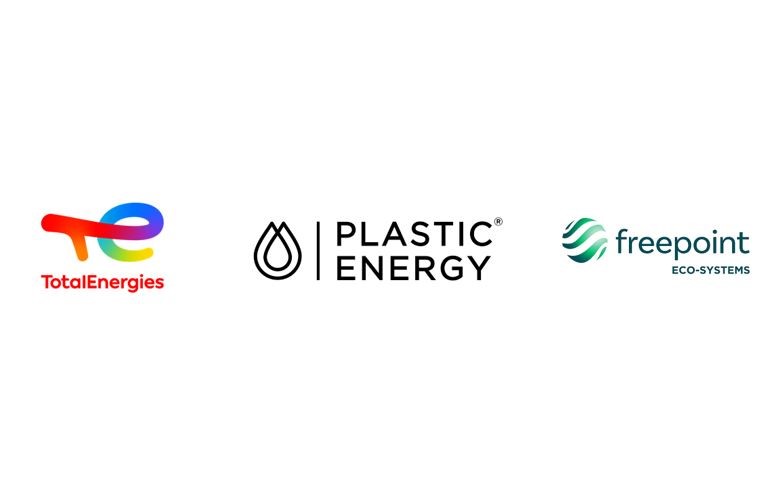
Houston/Paris, October 26th, 2021 – Plastic Energy Ltd., Freepoint Eco-Systems LLC and TotalEnergies have announced a strategic partnership in the U.S. Under this agreement, Plastic Energy and Freepoint Eco-Systems plan to build an advanced recycling plant in Texas, which will transform end-of-life plastic waste into a recycled feedstock called TACOIL using Plastic Energy’s patented technology. […]
ProPlay-MP12 delivers a more economical and ecological solution
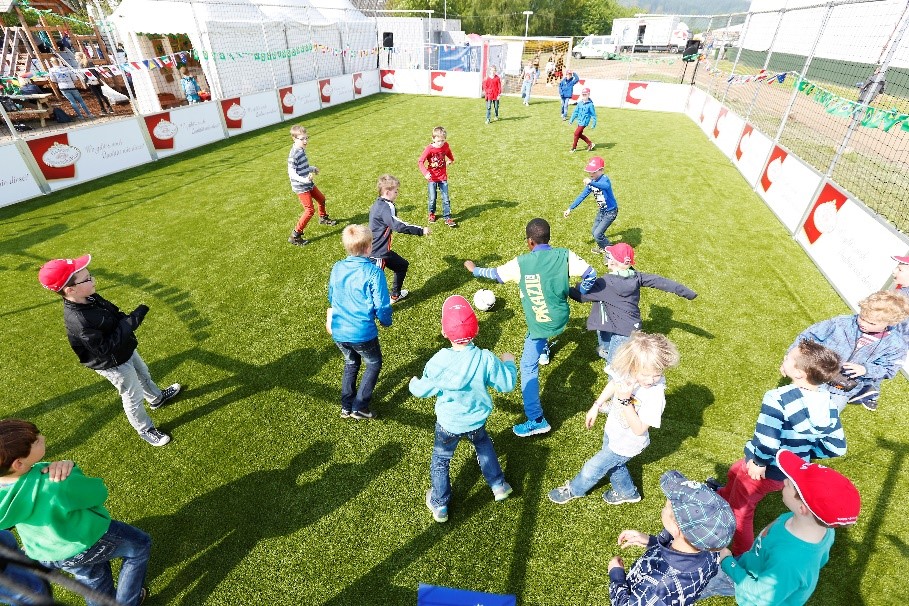
The ProPlay-MP12 shock pad for play areas, small-sided game areas and multi-game areas facilitates children experiencing the best and safest possible playing moments in the early stages of their lives. It also helps facility owners to improve their sustainability score and facilitates the establishment of more of these early-childhood development areas. Playing sports and games […]